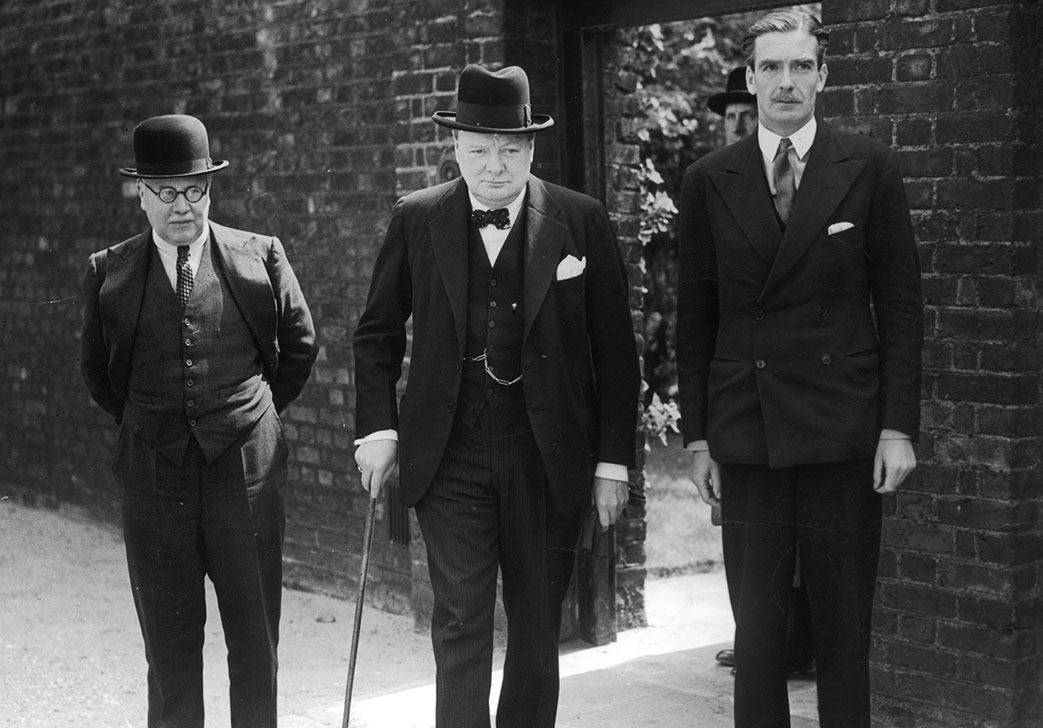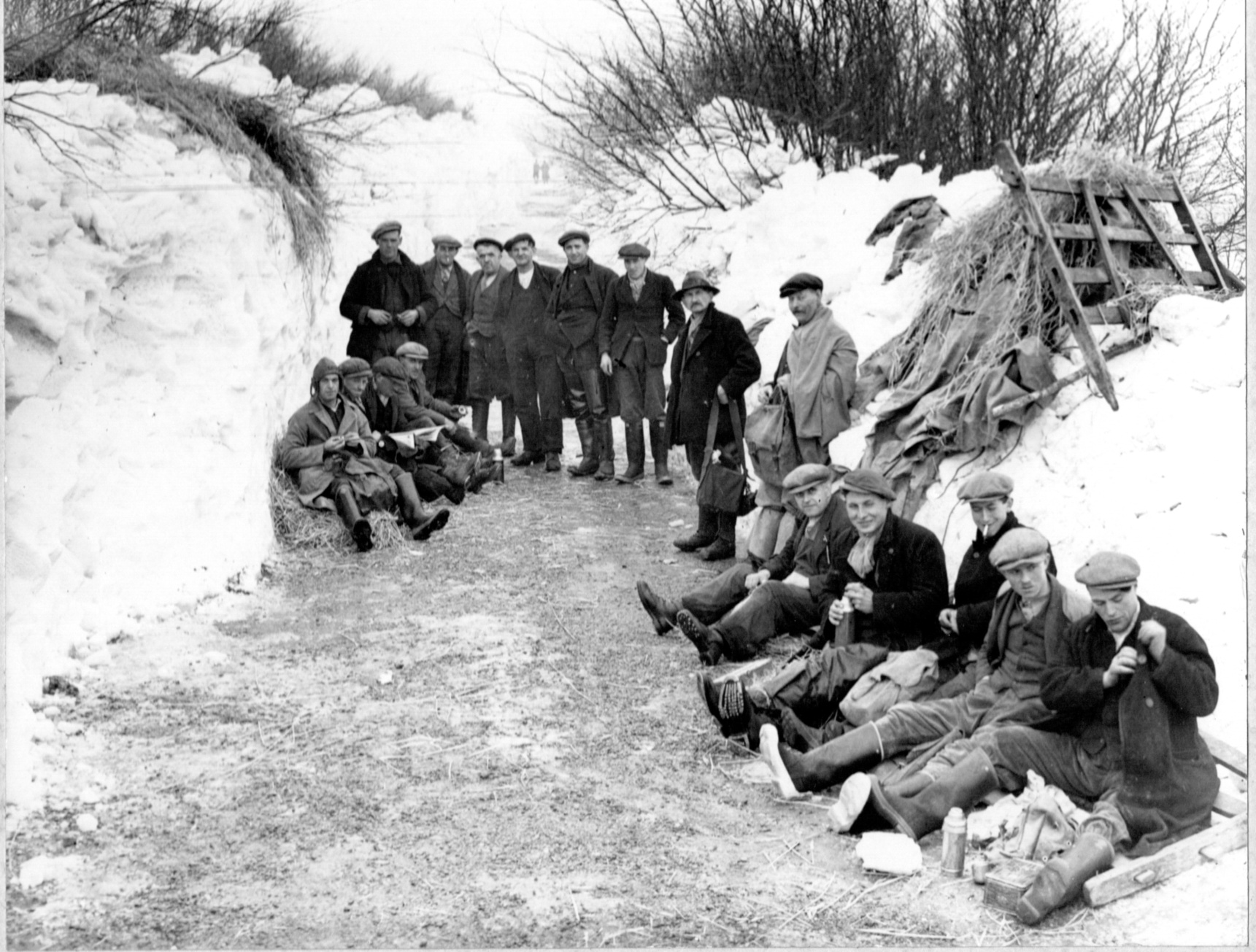Nazi Germany invaded and occupied the Czech provinces of Bohemia and Moravia, forming the Protectorate of Bohemia and Moravia, after Slovakia declared its independence on March 14th. This action, a direct violation of the Munich Agreement, marked the end of appeasement and a significant step towards World War II.
 Germany launched a surprise attack on Poland at dawn on September 1, 1939, with a force of over 1.5 million soldiers, 2,000 tanks, and nearly 900 bombers. Nazi propagandists falsely claimed that Poland was persecuting ethnic Germans and that Poland was planning to attack Germany with its allies, Great Britain and France.
Germany launched a surprise attack on Poland at dawn on September 1, 1939, with a force of over 1.5 million soldiers, 2,000 tanks, and nearly 900 bombers. Nazi propagandists falsely claimed that Poland was persecuting ethnic Germans and that Poland was planning to attack Germany with its allies, Great Britain and France.
Motorists had to present their car registration book in order to collect petrol coupons from their local Post Office.
- They were initially allowed fuel for approximately 200 miles (320 kilometers) per month.
- This form of ratioining was suspended from July 1942 to June 1945 and replaced with essential user coupons issued only to those with official sanction.
- In 1945, the basic ration was restored, about 150 miles (240 km) per month in June, increasing to 180 miles (290 km) in August.

Neville Chamberlain resigned as Prime Minister of the United Kingdom, and Winston Churchill, a vocal critic of Chamberlain’s policy of appeasement, became his successor, leading a national unity government during the Second World War.
Following the Japanese attack on Pearl Harbor, both the United States and the United Kingdom declared war on Japan, marking America’s entry into World War II.
A pivotal meeting where the leaders of the Allied Powers (US President Franklin D. Roosevelt, British Prime Minister Winston Churchill, and Soviet Premier Joseph Stalin) convened to discuss military strategy and the post-war world order.
D-Day arked the start of the Allied invasion of Normandy where 130,000 Allied troops landed on the beaches of Normandy to liberate Nazi-occupied Europe. American forces landed at Utah and Omaha beaches, and British and Canadian forces landed at Gold, Juno, and Sword beaches.
Worlington Home Guard plaled Lapford Home Guard at a football match at which they lost 5 goals to 2.
East and West Worlington isolated due to heavy snow.

In South Molton Major Denis Stucley (Conservative) withdrew as a candidate to allow George Lambert Junior (National Liberals) to stand unopposed.
Victory in Europe Day marks the formal acceptance of Germany’s unconditional surrender of its armed forces on and the end of all German military operations.
